Severity of food insecurity doubles in six months: Sanem
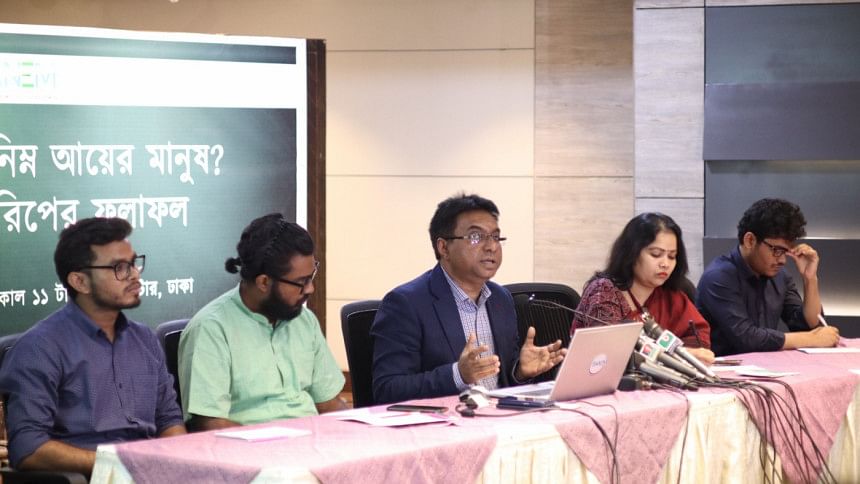
The severity of food insecurity among poor households has increased significantly in Bangladesh compared to six months ago, finds a study released today.
Some 25.44 per cent of poor households are suffering severe food insecurity, doubling from 12.25 per cent half a year earlier, said the South Asian Network on Economic Modelling (Sanem) in the study.
The survey was conducted among 1,600 poor households in eight divisions this month, with 200 samples from each region.
Half of the respondents were from rural areas and the other half were from urban areas.
"Low-income families have become big victims of high inflation, supply chain disruptions and imperfections in the domestic market," said Sanem Executive Director Selim Raihan at the press briefing at Brac Centre Inn.
The survey finds that the average cost of families has risen 13 per cent now from six months ago. The highest cost increase was in food.
To cope with the situation, 90 per cent of households are changing food habits and 74 per cent are forced to borrow, Raihan said.
"Poorer households are eating less," he said, adding that the extent of the impact is higher in urban areas than in rural areas.
The study said 73 per cent of families were concerned for some time in the last six months regarding the availability of adequate food. The ratio was 41 per cent in September 2022.
And 18.19 per cent of families said they had to survive a whole day without food in some cases in the last six months.
The proportion of families that passed a day without food for some time was 9.75 per cent in September 2022, according to the findings.
Raihan, also a professor of economics at the University of Dhaka, suggested the government expand social protection programmes to ensure the food security of poor families.
He also urged the authorities to strengthen market monitoring.

 For all latest news, follow The Daily Star's Google News channel.
For all latest news, follow The Daily Star's Google News channel. 

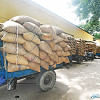
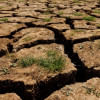
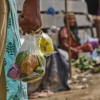

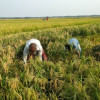


Comments